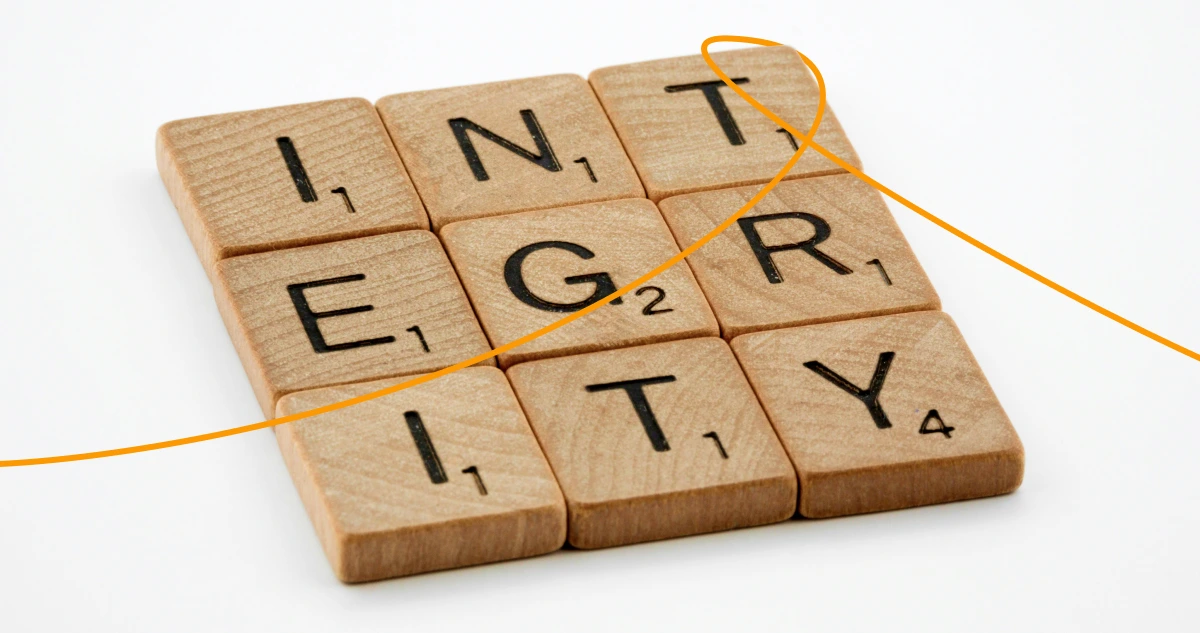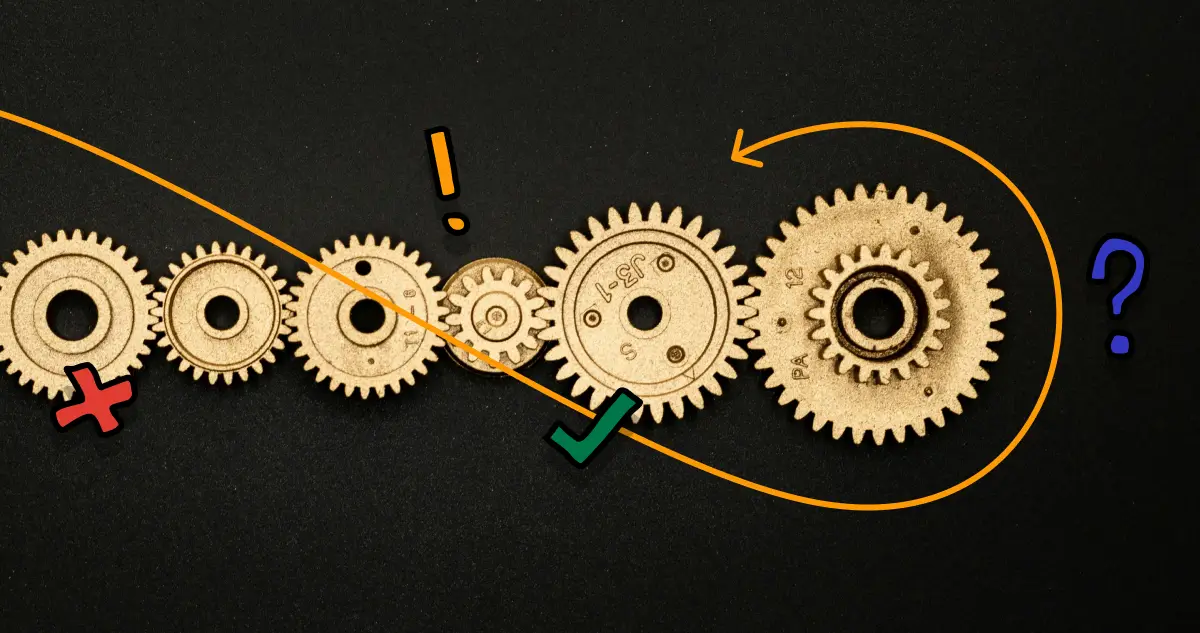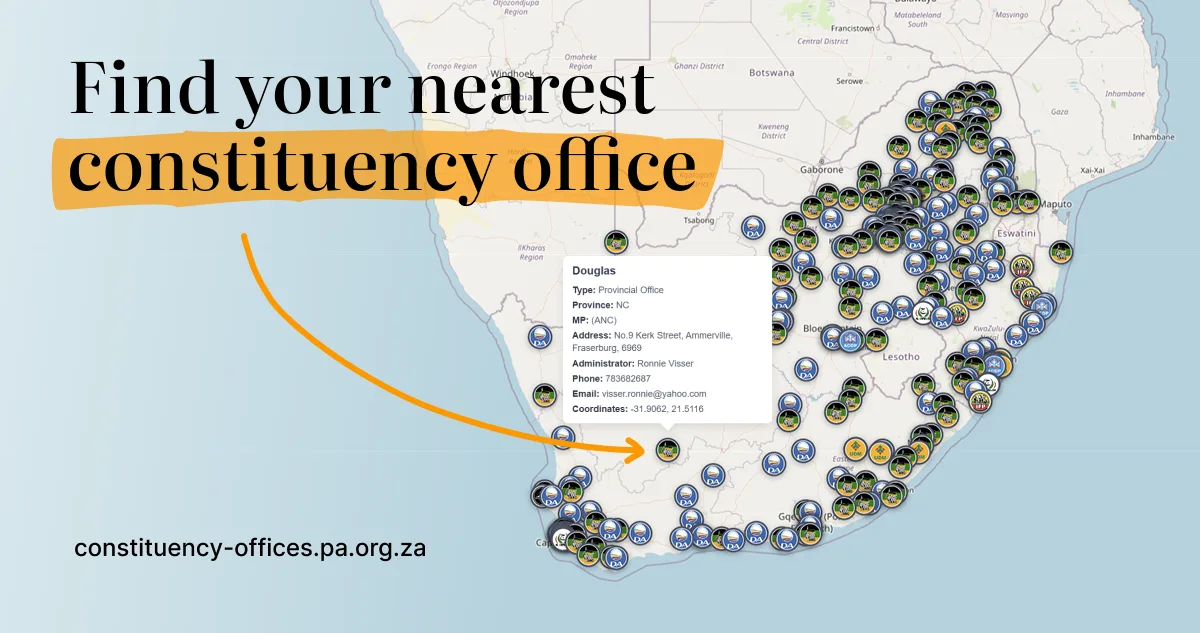Global Ethics Day (October 15th) offers an opportunity to turn the spotlight on the ethical conduct of Members of Parliament (MPs).
October 15th marks Global Ethics Day, celebrated this year under the theme Ethics Re-envisioned. The day highlights principles that underpin just, accountable, and transparent societies. For South Africa, this day offers an opportunity to turn the spotlight on the ethical conduct of Members of Parliament (MPs).
As public representatives, MPs play a critical role in shaping legislation, holding the executive to account, and representing the voices of citizens. But beyond their formal duties, they are also the custodians of public trust. With this comes an equally significant responsibility: to act ethically, honestly, and in the public’s interest.
When MPs act with integrity, fairness, and in the public interest, they strengthen the foundations of our democracy. But, what happens when that ethical duty is neglected? What role does the public play in ensuring accountability?
In this blog, we explore why ethical leadership by MPs is essential and how South Africans can actively hold their MPs accountable.
Why MPs Must Be Ethical
MPs are custodians of public trust. When they act with integrity, they ensure Parliament reflects the values of fairness, justice, and equality enshrined in the Constitution. When MPs behave unethically, it fuels public cynicism and disengagement. But when MPs act ethically, they build trust, legitimacy, and national unity.
MPs make decisions affecting health, education, housing, the economy and justice. If MPs don’t act ethically, policy decisions may favour special interests and not the people. MPs help approve the national budget and oversee how it's spent. When MPs are unethical, for example, by enabling or ignoring corruption, public money is stolen or wasted.
One of Parliament's key roles is to act as a constitutional check (balance) on the power of the Executive. If MPs are corrupt or compromised, they can't effectively challenge wrongdoing or question poor decision-making.
Ethical leadership can reduce corruption, increase efficiency, and direct resources where they are truly needed. Public services can improve when MPs prioritise integrity over personal or political gain.
How can MPs be Ethical?
MPs must follow the existing Code of Conduct
MPs must disclose their financial interests in the Register of Members' Interests, declare gifts and other conflicts of interest which may influence their decisions.
MPs should also refuse lobbying or financial incentives that create conflicts of interest.
MPs should not protect unethical colleagues out of loyalty or party politics.
How the Public Can Hold MPs Accountable?
In a democracy, power belongs to the people and MPs are answerable to the public. Here are practical ways South Africans can ensure their MPs are ethical and accountable. You can also read our blog on How to be an Active Citizen.
1. Know Your MP
Every South African is represented by MPs, both in the National Assembly and in the National Council of Provinces. Contact the party or MP you support via the People’s Assembly website and find out who your local constituency MP is. You can also visit their profile and see which committees they sit on and what their attendance patterns are.
2. Engage with Parliament's Work
The public can attend parliamentary committee meetings (virtually or in person), make written submissions on laws, and follow debates. Committees are where much of the real work happens - oversight, investigations, and policy discussions.
Stay informed and visit the Parliamentary Monitoring Group website to access Committee meeting reports.
Stay informed via PMG, Parliament TV, YouTube live streams, social media pages of Parliament and MPs.
4. Use your voice when MPs act unethically
Write to an MP or Committee via the People’s Assembly website.
Join or support civil society organisations that promote political accountability, like Corruption Watch, OUTA, or the Ahmed Kathrada Foundation.
If you feel an MP has acted unethically, read our blog on how you can lay a complaint against a Member of Parliament for misconduct or breaches of the Code of Ethical Conduct and Disclosure of Members' Interests.
The Joint Committee on Ethics and Members’ Interests is a parliamentary body comprised of Members from both the National Assembly and the National Council of Provinces and plays a crucial role in promoting transparency, preventing corruption and ensuring ethical conduct in Parliament.
The Committee has investigated several cases in the 7th Administration:
We tracked the cases that were referred to the Ethics Committee in the 7th Parliament. The table below gives you an overview of the ethics breaches.
Upholding ethical standards in Parliament is not just the duty of MPs, it's a shared responsibility between Parliament and the public.
If you witness unethical behaviour from your elected representatives, take action. Your voice can help hold them accountable and protect the integrity of Parliament.
If you see something, say something! Your voice matters.

Work with us
We are looking for resource and data partners!
If you or your organisation would like to contribute or collaborate, please get in touch.
You might also like

What goes into Monitoring Parliament? Behind the scenes with PMG’s Monitors!

Women in Parliament 2025 Report





